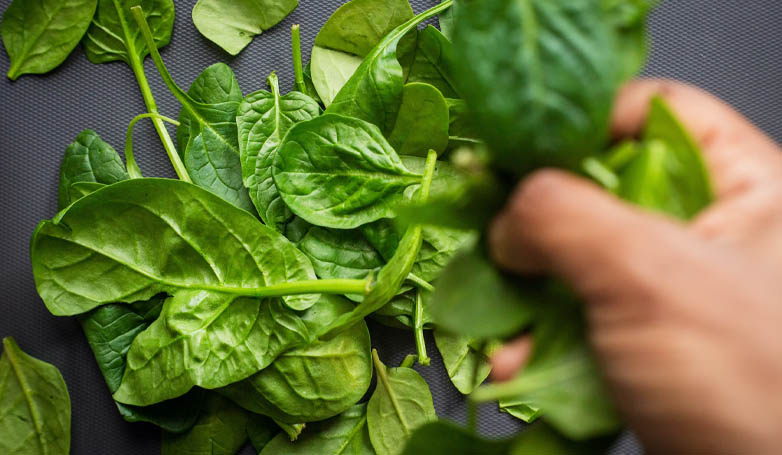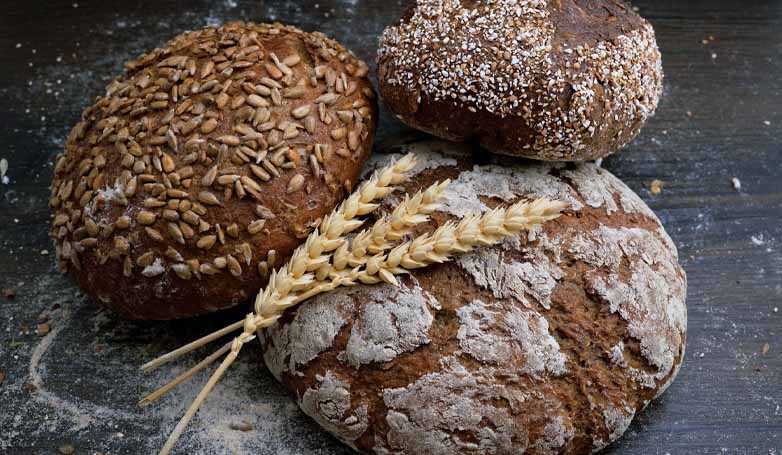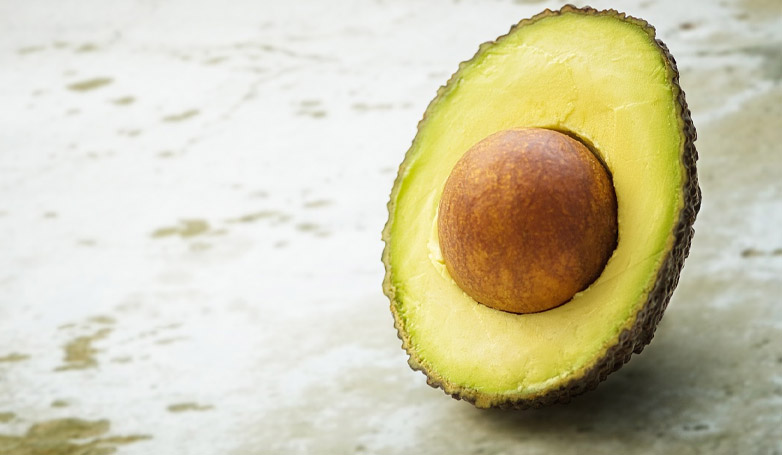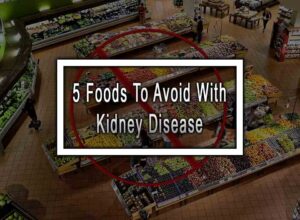Here Are The Best Foods To Reduce Visceral Fat
Visceral fat is the fat that accumulates around your organs, such as the liver, pancreas, and intestines. It’s the most dangerous type of fat, as it can lead to serious health problems like heart disease, diabetes, and stroke. Reducing visceral fat is not easy, but it can be done by making some lifestyle changes, including eating a healthy diet. In this article, we will discuss the best foods to reduce visceral fat.
Leafy Greens

Leafy greens like spinach, kale, and collard greens are high in fiber and low in calories. They are also rich in vitamins and minerals that help to reduce inflammation, a significant contributor to visceral fat. Leafy greens are also high in antioxidants that protect your body from free radical damage. Add leafy greens to your diet by making salads and smoothies or sautéing them with a little bit of olive oil.
Nuts

Nuts like almonds, walnuts, and cashews are high in healthy fats, protein, and fiber. They help to keep you full and satisfied, reducing the chances of overeating. Nuts also contain antioxidants that help to reduce inflammation and improve heart health. However, nuts are high in calories, so eating them in moderation is important. Add nuts to your diet by snacking on them, adding them to salads, or using them as a topping for oatmeal.
Berries

Berries like blueberries, strawberries, and raspberries are high in fiber and antioxidants. They help to reduce inflammation and improve heart health. Berries also contain polyphenols, which are compounds that help to reduce visceral fat. Add berries to your diet by eating them as a snack, adding them to smoothies, or using them as a topping for yogurt or oatmeal.
Whole Grains

Whole grains like brown rice, quinoa, and oats are high in fiber and low in calories. They help to keep you full and satisfied, reducing the chances of overeating. Whole grains also contain antioxidants that help reduce inflammation and improve heart health. Add whole grains to your diet by replacing refined grains with whole grains, such as brown rice instead of white rice.
Fatty Fish

Fatty fish like salmon, sardines, and mackerel contain omega-3 fatty acids. Omega-3 fatty acids help to reduce inflammation and improve heart health. Fatty fish also contain protein, which helps to keep you full and satisfied. Add fatty fish to your diet by eating them as a main dish or adding them to salads.
Avocado

Avocado is high in healthy fats, fiber, and antioxidants. It helps to reduce inflammation and improve heart health. Avocados also contain potassium, which helps regulate blood pressure. Add avocado to your diet by adding it to salads, making avocado toast, or using it as a topping for tacos or burritos.
Conclusion
Reducing visceral fat is not easy, but it can be done by making some lifestyle changes, including eating a healthy diet. The best foods to reduce visceral fat are leafy greens, nuts, berries, whole grains, fatty fish, and avocado. These foods are high in fiber, antioxidants, and healthy fats that help reduce inflammation and improve heart health. By adding these foods to your diet, you can reduce visceral fat and improve your overall health.
Best Foods To Reduce Visceral Fat FAQ
Here are the most common questions about the best foods to reduce visceral fat.
1. Why is reducing visceral fat important?
Reducing visceral fat is important because it reduces the risk of developing health issues such as heart disease, diabetes, and certain types of cancer. It also helps to improve overall health and well-being.
2. How can I incorporate these foods into my diet?
You can incorporate these foods into your diet by making simple changes, such as adding more fruits and vegetables to your meals, replacing refined grains with whole grains, and choosing lean proteins such as chicken, fish, and tofu. You can also snack on nuts and seeds and add healthy fats such as avocado and olive oil to your meals.
3. Are there any foods I should avoid to reduce visceral fat?
To reduce visceral fat, it is best to avoid foods that are high in refined carbohydrates, added sugars, and saturated fats. Examples include processed foods, sugary drinks, fried foods, and red meat.
4. Are there any specific diets that can help reduce visceral fat?
There are several diets that have been shown to reduce visceral fat, such as the Mediterranean diet, the DASH diet, and the low-carb diet. These diets focus on whole foods, lean proteins, healthy fats, and limited amounts of refined carbohydrates and added sugars.
5. Is exercise important for reducing visceral fat?
Yes, exercise is important for reducing visceral fat. A combination of cardiovascular exercise and strength training has been shown to be effective in reducing visceral fat. Aim for at least 150 minutes of moderate-intensity exercise per week, such as brisk walking, cycling, or swimming.
6. How long does it take to reduce visceral fat?
The amount of time it takes to reduce visceral fat varies depending on individual factors such as age, gender, and lifestyle habits. However, studies have shown that regular exercise and a healthy diet can lead to significant reductions in visceral fat within a few weeks to a few months.
7. Can supplements help reduce visceral fat?
While some supplements claim to reduce visceral fat, there is little scientific evidence to support these claims. It is best to focus on a healthy diet and regular exercise to reduce visceral fat, rather than relying on supplements.












